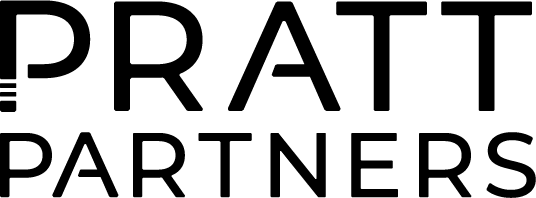ATO elaborates its directive on calculating ordinary time earnings
The ATO has provided elaborated guidance for employers when computing ordinary time earnings for superannuation guarantee purposes.
As an employer, you are required to provide a minimum level of superannuation support for each of your employees, calculated as a percentage (currently at 12%) of the employee’s ordinary time earnings (OTE).
Types of employer payments
OTE for SG purposes is a concept defined by the Superannuation Guarantee (Administration) Act 1992 (SGA Act) and relevant ATO guidance, it constitutes:
Inclusions
ordinary hours of work as defined in an award or agreement (or, if not specified, the normal or regular hours worked by the employee)
over-award payments, shift loadings, and commissions
allowances paid for work performed during ordinary hours (unless specifically excluded)
bonuses and incentive payments that relate to ordinary hours of work
paid leave (such as annual leave, sick leave, and public holidays) taken during ordinary hours
payments in lieu of notice
salary sacrifice amounts that would have been OTE if not sacrificed
Exclusions
overtime payments (payments for hours worked in excess of ordinary hours)
lump sum payments made on termination, such as payments in lieu of unused sick leave, unused annual leave, or unused long service leave
allowances that are not related to ordinary hours of work or are expense reimbursements
on-call allowances and certain other payments not considered salary or wages
Payday super commencing 1 July 2026
The refreshed guidance also ties into the proposed Payday Super legislation. This will introduce a new concept of qualifying earnings (QE) which are defined as the amount of earnings an employee is paid on which individual SG amounts are calculated.
From 1 July 2026, the current OTE base will be replaced by QE which will include:
OTE as defined and calculated under the current SG framework
amounts of OTE that have been sacrificed in exchange for an additional superannuation contribution (salary sacrifice)
payments that are expressly included in salary or wages under the existing law for arrangements falling within the extended meaning of employee in s 12 of the SGA Act
Next steps
In preparation for the commencement of Payday Super, we will ensure all your employee information is reflected correctly in our payroll software, so it may continue to automatically calculate and remit SG contributions on each payday (QE day).
The ATO’s Small Business Superannuation Clearing House (SBSCH) will close on 1 July 2026, and we can help you plan a transition to a commercial clearing house or payroll-integrated solution that supports SG contributions payments.
If any of your employee situations have changed, please continue to inform us and we will determine how that may impact their OTE calculations.
Contact us
The list of types of employee payments is comprehensive and may apply differently for each employee, if you are unsure where you stand and would like to discuss this matter further, please do not hesitate to contact us.
BE THE FIRST TO KNOW
Subscribe to receive future reports.
Complete the form below to receive timely and insightful information directly to your inbox. Make sure you never miss an update.

